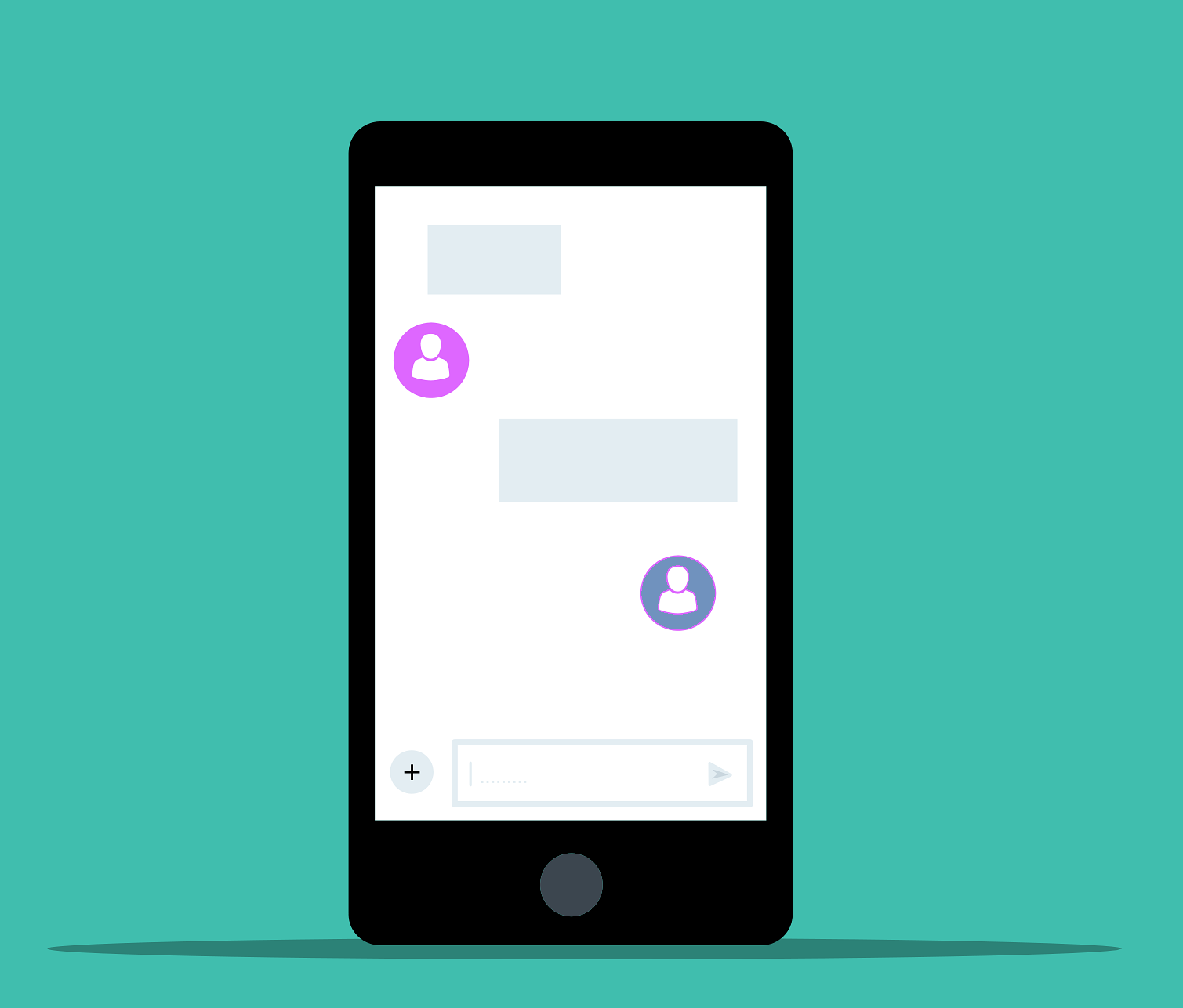Procurement info shows two suppliers were chosen for four-month contract
Credit: PA
The programme to vaccinate the population against Covid-19 spent £8.5m on computing and telephony devices.
Newly published procurement information reveals that NHS England entered into a short-term contract with two suppliers on 17 November – the day before Pfizer and BioNTech announced that their vaccine had shown a 95% efficacy rate. The UK approved that vaccine for clinical use on 2 December and the first dose was administered six days later.
Concurrently, the NHS had taken steps to acquire a range of computing devices to support the ongoing rollout of this and other vaccines to millions of people across the country.
The contract – which was scheduled to conclude on 22 March – covers “the provision of non-clinical hardware devices to support the operation of Covid-19 vaccine centres”.
“This includes but is not limited to laptops, tablets, phones and barcode printers,” the contract award notice added.
Related content
- Government brings in religious and community leaders to tackle online vaccine misinformation among BAME communities
- Government consults on potential vaccine passports
- Hancock and Dowden ask social networks to stem vaccine misinformation
The deal, worth £8.49m, was awarded to two firms: IT reseller Computacenter; and mobile network operator Telefónica – the Spanish-headquartered telecoms giant whose subsidiaries include O2.
It is not clear how the contract will be split between the two, nor how many devices the deal is intended to cover. If each device cost £400, this would equate to 21,220 machines.
Computacenter was recently added to government’s 40-strong list of strategic suppliers, each of which works with a named crown representative, who manages the commercial relationship on a cross-government basis.
The firm’s addition to the list came after it served as the main supplier to the Department for Education’s scheme to support remote learning via the delivery of more than a million laptops to disadvantaged children across the country.
The vaccines minister Nadhim Zahawi recently pledged that “there should be no case” where citizens experience difficulty in arranging their vaccination because of lack of access to digital devices or connectivity.



